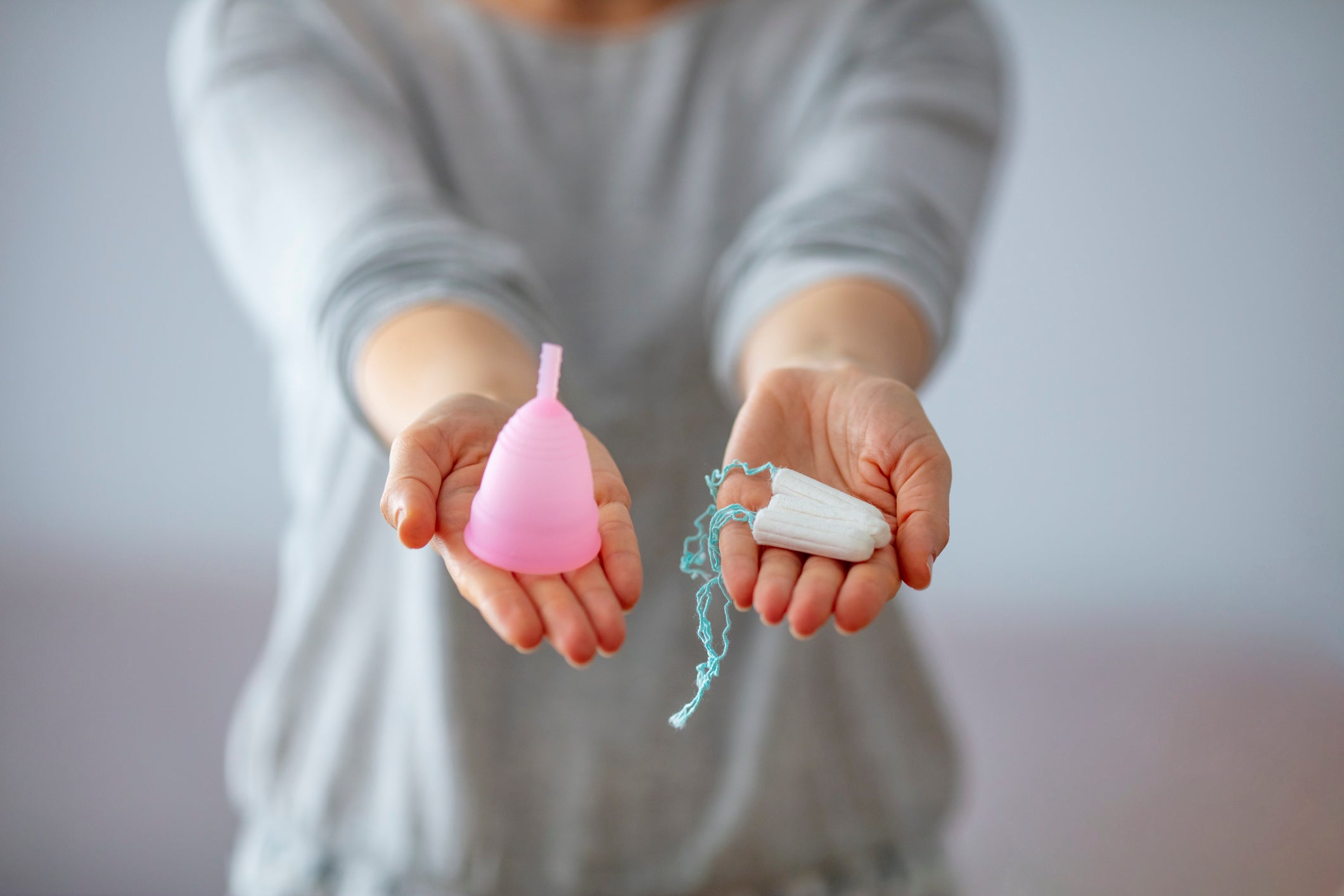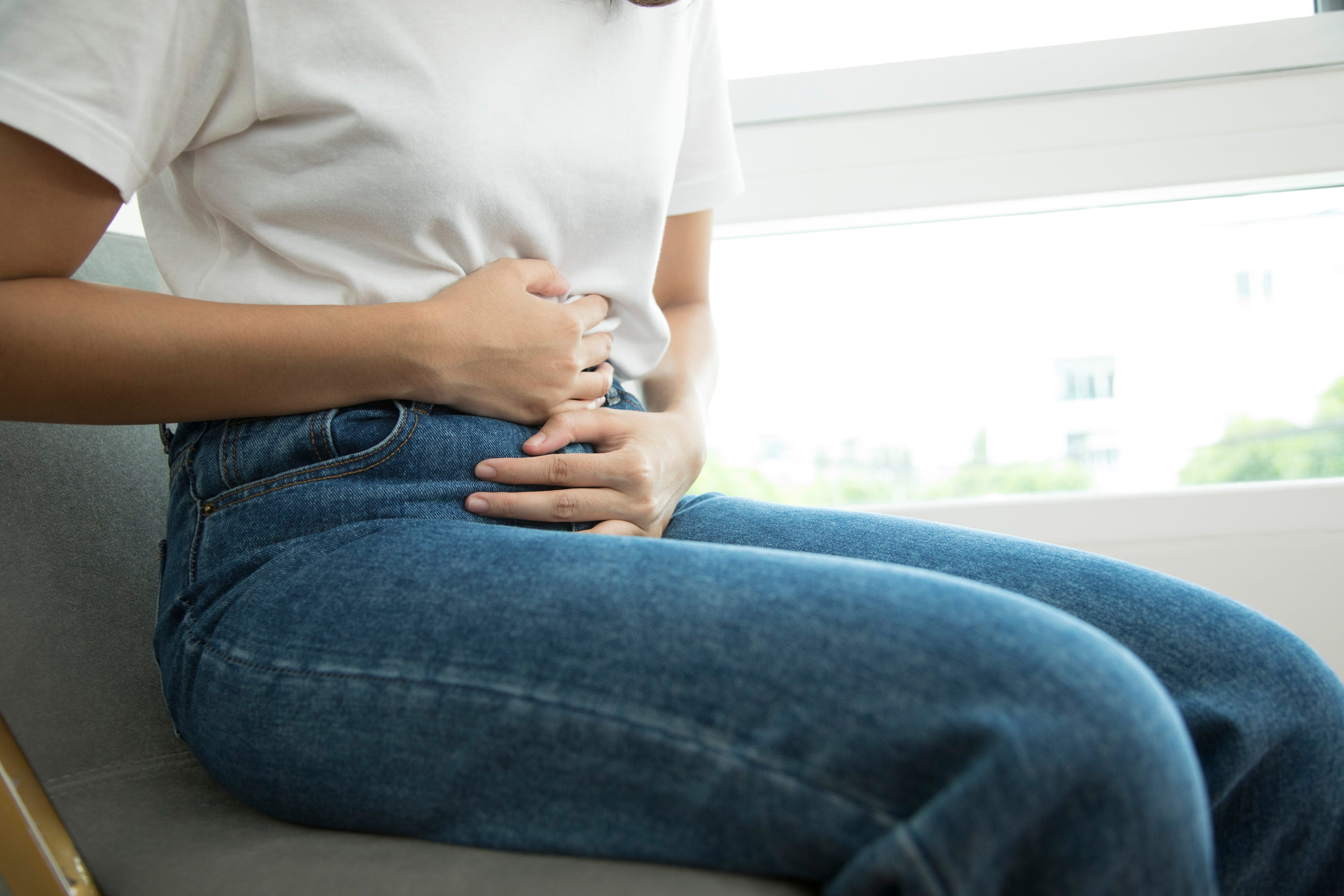ARTICLE AD BOX
Heavy periods have been linked with lower attendance and poorer GCSE results in girls, according to a new study.
More than a third of schoolgirls (36 per cent) who experienced heavy or prolonged menstrual bleeding also missed 1.7 additional days of school every year.
Symptoms, such as heavy bleeding and severe cramps, were experienced by more than half of participants and associated with achieving lower grades.
Researchers from the University of Bristol found these symptoms were linked to 27 per cent lower odds of achieving five passes at GCSE – which is often needed to help students enter the next stage of education.
The findings are based on analysis of data from almost 2,700 girls aged 13 to 16 who were taking their GCSEs between 2006 and 2009.

The data drawn from the Avon Longitudinal Study of Parents and Children revealed 36 per cent of the girls experienced prolonged or heavy bleeding and 56 per cent reported menstrual pain.
Participants were interviewed four times over three years about their periods and educational attainment data was also collected.
The study is out as a preprint but has not yet been published, and is under review at npj Science of Learning.
Its findings suggested concerns about leaking, shame, bullying, managing period symptoms while in school and difficulty accessing toilets during lessons, as well as debilitating symptoms, could all be harming girls' attendance and exam results.
“It’s an issue that is largely not discussed or is totally ignored,” Gemma Sharp, associate professor of epidemiology at the University of Exeter, who supervised the research said.

She told the Independent: “Ensuring period products are easily available would help, as well as allowing pupils to use the toilet during lesson time and exams.”
It comes after another study led by the phs hygiene services group alongside the global menstrual justice charity Irise, that found more than two in three students (65 per cent) are unable to access toilets at their school freely at any time.
Dr Sharp believes there needs to be a “serious culture shift” and menstruation shouldn’t be “stigmatised or treated as taboo”.
She added: “I think this starts with education - normalising menstruation and including boys in the conversation too so that it’s clear from the off that it’s not something to be ashamed or embarrassed about.
“For girls who are experiencing problematic symptoms, like heavy bleeding or severe pain, we need them to feel comfortable in disclosing that to adults, and we need the adults to listen and make sure they’re getting appropriate health care and support in schools and at home.”
Tina Leslie MBE and founder of Freedom4Girls said the “study shines a spotlight on a hugely overlooked issue”.
She added: “No student should be penalised for a medical issue they can’t control. We urgently need schools to provide a full range of free, high-quality menstrual products, including those suitable for heavier flows. But products alone aren’t enough.
“We must create environments where menstruation isn’t stigmatised—where students feel safe speaking up, accessing bathrooms, and managing their health without shame. We have had many students and adults telling us of missing school days as toilets are locked at lesson times as they are not allowed to go to the toilet which adds to the stress missed education, truancy issues and lowering of attainment levels.”









 English (US) ·
English (US) ·